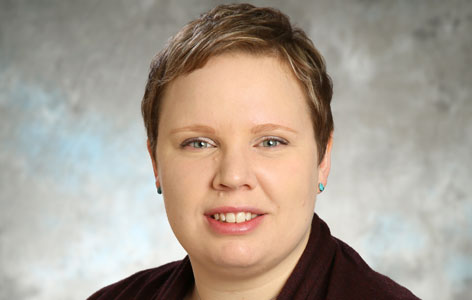
Conference: Canadian Association of Occupational Therapists National Conference, Vancouver, British Columbia, Canada, June 20–23, 2018.
Conference Highlight: Occupational Science and Occupational Therapy aim to holistically understand and improve everyday living (i.e., occupations) for all people. The conference highlighted the complexity of this aim.
Conference Summary: Occupational Science and Occupational Therapy aim to holistically understand and improve everyday living (i.e., occupations) for all people. The 2018 Canadian Association of Occupational Therapists (CAOT) Conference focused on enabling occupation among those at the margins of society, delivering economically sustainable health care services, implementing cutting-edge interventions, and advocating for change.
The posters and presentations demonstrated the breadth and complexity of research and clinical practice in occupational therapy. They included discussions on the role of Occupational Therapists in addressing the Canadian opioid crisis, hospice/palliative care, integrated care, primary care, brain injury rehabilitation, and Indigenous/First Nations health. Dr. Engel presented her current research regarding the everyday living effects of systemic lupus erythematosus (SLE) and her doctoral research on financial management assessment for adults living with chronic conditions and cognitive impairments.
An interactive session, “Starting the conversation: Deadoption of low value occupational therapy practices” (presented by K. Churchill, C. Lazorek, S. Seaton and H. Colquhoun) focused on critical thinking and evidence-based practice—a topic applicable to other health care disciplines. The discussions highlighted barriers to deadoption of low value clinical practices such as workplace cultures supporting low value practices, decreased time to critically appraise evidence, having limited evidence-based practices to replace low value practices, and confusion about what constitutes “good evidence.” For researchers, this presentation highlighted the importance of (1) writing the findings of clinical research clearly and in a way that is accessible to health practitioners and (2) the importance of high-quality and accessible systematic reviews to guide practice. The discussions specifically linked the importance of clinical research and its direct connection to improving clinical care practices.

